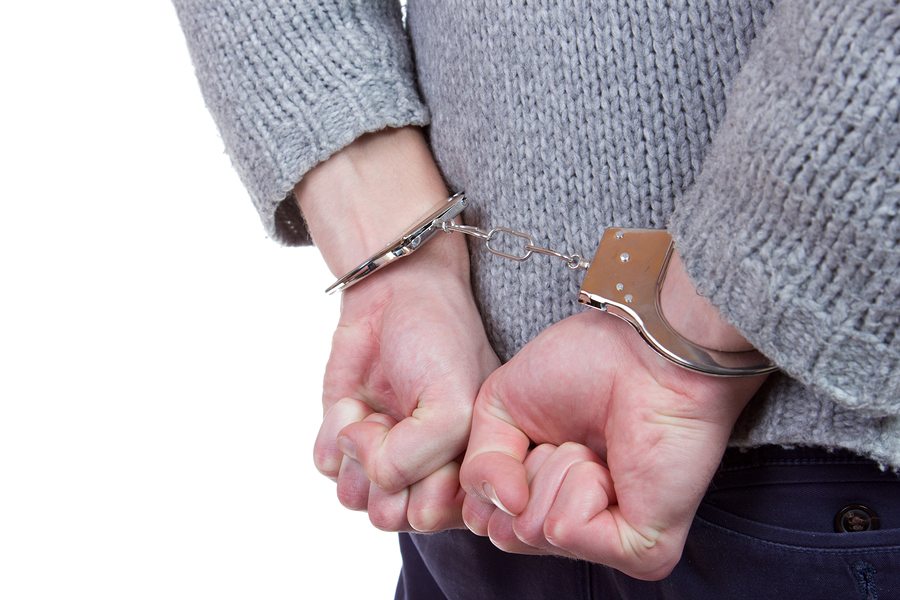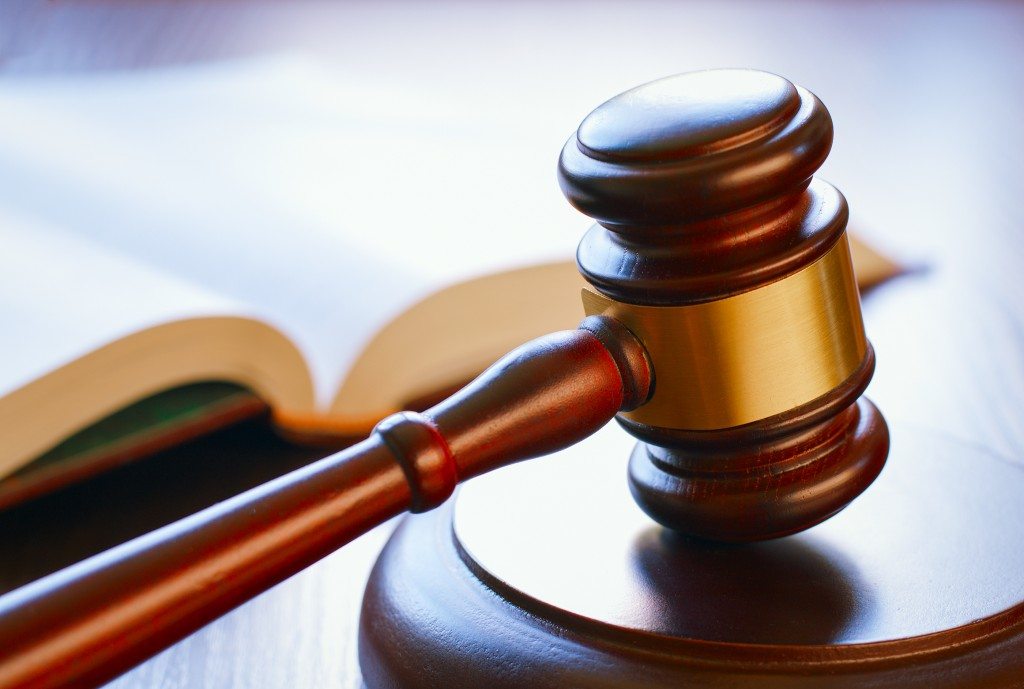In New York City, there are two types of criminal offenses: misdemeanors and felonies. While both can result in fines, incarceration, and other penalties, felonies are more serious and carry greater penalties for defendants who are convicted or plead guilty. However, there are many different types of felonies, which are divided into categories called “classes.” In this article, the New York assault lawyers at Sullivan and Galleshaw, LLP will explain some important information about Class C felonies, including examples of Class C felonies, the penalties for Class C felonies, and what to do if you or a loved one has been arrested for a felony crime in New York City.
What Types of Crimes Are Class C Felonies Under New York Law?

There are five basic types of felonies in New York City (listed from lightest to most severe):
- Class E Felonies
- Class D Felonies
- Class C Felonies
- Class B Felonies
- Class A Felonies
Examples of Class C felonies include, but are not limited to, the following criminal offenses:
- Aggravated Criminal Possession of a Weapon
- Aggravated Criminally Negligent Homicide
- Aggravated Grand Larceny of an ATM
- Aggravated Second Degree Manslaughter
- Aggravated Second Degree Sexual Abuse
- Aggravated Vehicular Assault
- Assault on a Judge
- Assault on a Peace Officer, Police Officer, Firefighter, or Emergency Medical Services Professional
- Attempt to Commit a Class B Felony
- First Degree Forgery
- First Degree Strangulation
- Fourth Degree Drug Possession
- Fourth Degree Sale of a Controlled Substance
- Second Degree Bribery
- Second Degree Burglary
- Second Degree Criminal Sale of a Firearm
- Second Degree Criminal Use of a Firearm
- Second Degree Gang Assault
- Second Degree Healthcare Fraud
- Second Degree Insurance Fraud
- Second Degree Manslaughter
- Second Degree Money Laundering
- Second Degree Promotion of Prostitution
- Second Degree Robbery
- Second Degree Weapons Possession (“Criminal Possession of a Weapon”)
- Second Degree Welfare Fraud
- Third Degree Assault
- Third Degree Arson
- Use of a Child in a Sexual Performance
What Are the Penalties if You Are Convicted of a Class C Felony?

Regardless of which class a crime belongs in, it will also be described with a “degree,” which can create some confusion for defendants. For example, second degree assault is a Class D felony, but first degree assault is a Class B felony. The general rule is that, the closer the degree is to first degree, and the closer the Class is to Class A, the more serious the offense is.
The reason these classifications are important is that, while judges do have some discretion over how a defendant should be sentenced, the sentencing ranges are determined by the way the crime is classified. For example, a judge may impose the following penalties for a defendant who is convicted of or pleads guilty to a Class C felony in New York:
- Class C Felony Fine – Generally speaking, the maximum fine for a felony of any class in New York is either $5,000, or double the amount the defendant made by committing the crime. However, there are some exceptions for certain Class C felonies involving marijuana and controlled substances (e.g. heroin, cocaine, methamphetamine). The maximum criminal fine may be as great as $15,000 for any of the following Class C felonies:
- Fourth Degree Drug Possession (called “Criminal Possession of a Controlled Substance”)
- Fourth Degree Sale of a Controlled Substance
- Criminal Sale of Prescription Drugs or Controlled Substances by a Doctor or Pharmacist
- Second Degree Methamphetamine Manufacturing
- First Degree Marijuana Possession (possessing more than 10 pounds of marijuana)
- First Degree Sale of Marijuana
- Class C Felony Sentence – The sentence for a Class C felony may range anywhere from no prison time at all (with probation), up to a maximum of 15 years in prison. This is where factors like the defendant’s criminal history and the nature of the offense – for example, whether the crime was violent – have an impact on how the judge ultimately decides to sentence the defendant. A skilled criminal attorney will work to obtain the shortest sentence possible if the defendant is convicted.
In addition, there may be miscellaneous penalties, such as mandatory registration as a sex offender, depending on the type of crime that was committed – and any good defense attorney will help you avoid those penalties.
Contact a New York City Criminal Defense Lawyer
If you or a family member was arrested for any of the offenses described in this article, or for any other felony or misdemeanor offense in Queens, you need experienced and effective legal representation immediately. The New York criminal defense attorneys of Sullivan and Galleshaw, LLP can fight to protect your rights and minimize your penalties. To discuss your charges in a free and completely confidential legal consultation, contact Sullivan and Galleshaw at (800) 730-0135 today.

